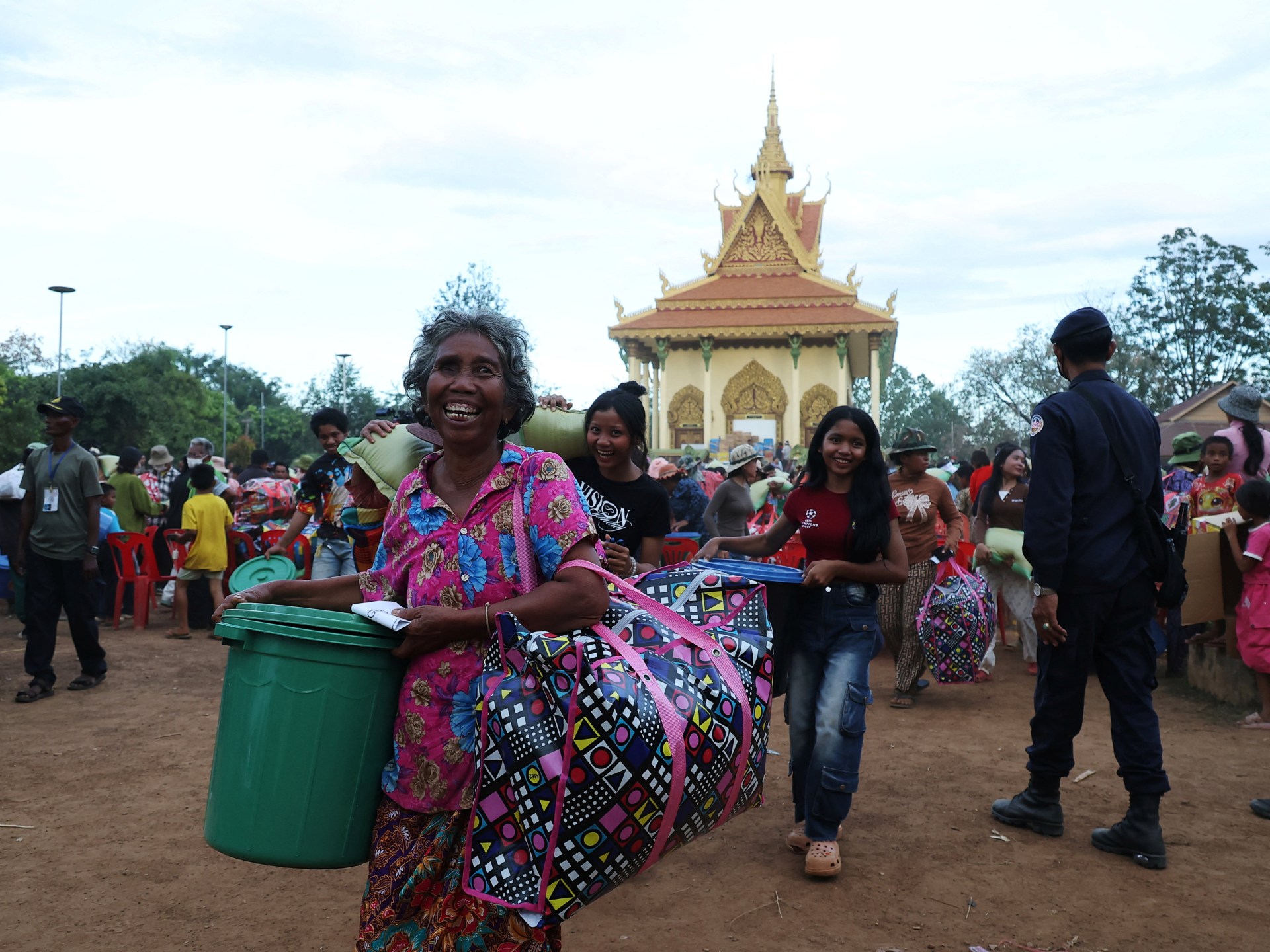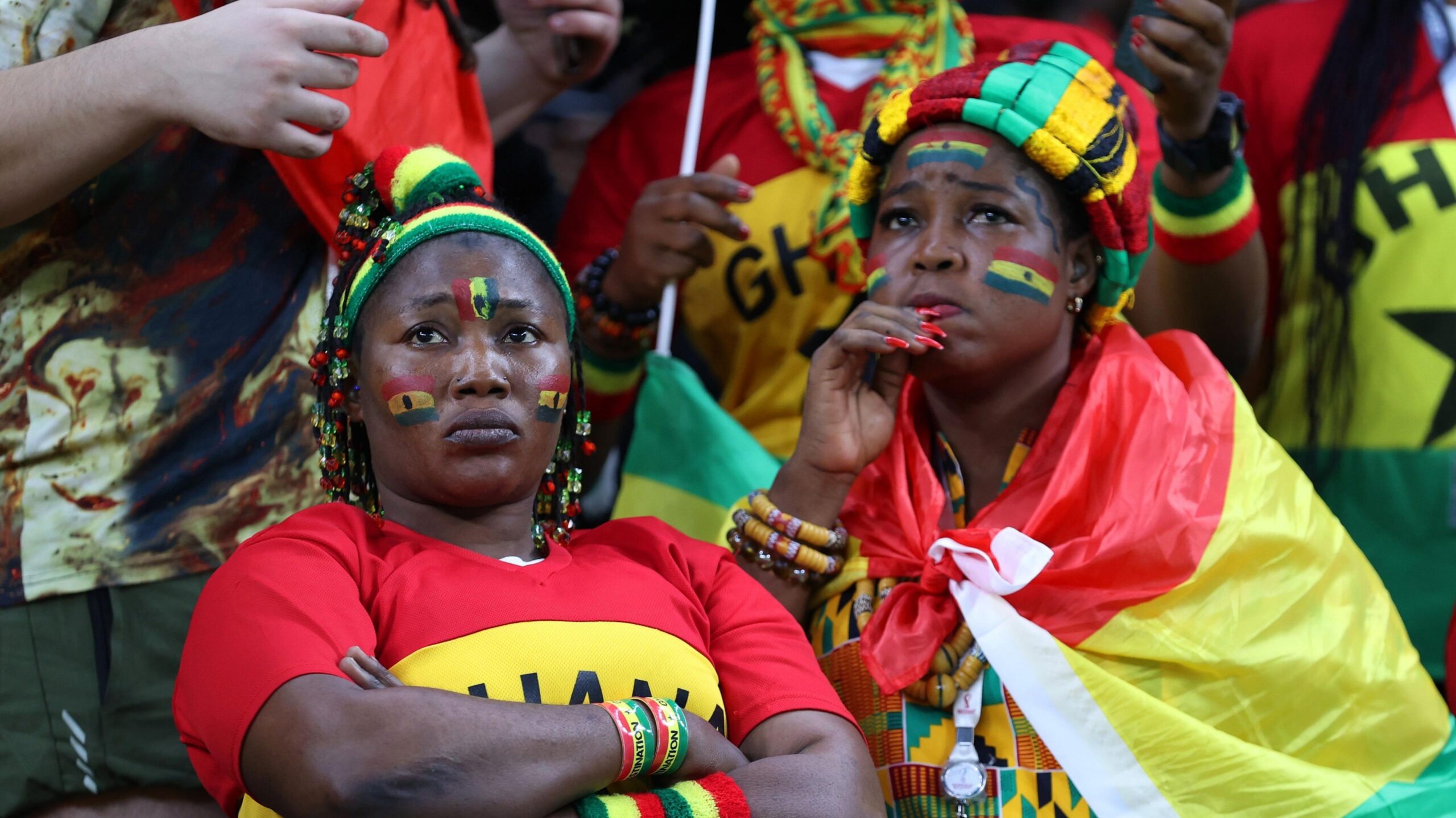Democrats in the United States Congress have released a new batch of photos from the estate of the late sex offender Jeffry Epstein, featuring rich and powerful public figures, including President Donald Trump.
The minority on the House Oversight Committee made 19 photos public on Friday, calling for Trump to end what they called a “cover-up” in the case.
Recommended Stories
list of 3 itemsend of list
The pictures showed Trump, his former adviser Steve Bannon, ex-President Bill Clinton, former Treasury Secretary Larry Summers, billionaire businessman Bill Gates and film director Woody Allen.
“It is time to end this White House cover-up and bring justice to the survivors of Jeffrey Epstein and his powerful friends,” Robert Garcia, the top Democrat on the panel, said in a statement.
“These disturbing photos raise even more questions about Epstein and his relationships with some of the most powerful men in the world. We will not rest until the American people get the truth. The Department of Justice must release all the files, NOW.”
One photo showed Trump flanked by three young women on each side with his hand clutching the waist of the woman to his right.
Progressive Congresswoman Pramila Jaypal called the pictures “repulsive”.
These images are repulsive. The Trump administration needs to stop their cover-up and release ALL of the Epstein Files. https://t.co/dyFf0hPa1m
Trump has repeatedly denied any close ties to Epstein, saying that he only knew the sex offender as a neighbour in Palm Beach, Florida, and eventually kicked him out of his Mar-a-Lago resort for being a “creep”.
Earlier this year, The Wall Street Journal published what it said was a birthday card with sexual connotations that Trump sent to Epstein with a message written inside of a drawing of a naked woman.
Trump denied writing or drawing the card and sued the newspaper over the allegation.
Last month, Congress passed a law to compel the Trump administration to release all government documents related to Epstein while protecting the victims’ identities.
Epstein ran a sex abuse ring of girls and young women.
Trump’s top aides previously opposed making the files public, saying that they would amount to “child pornography”.
But after mounting pressure, including from segments of his own base, Trump – who can authorise releasing the records without congressional intervention – lifted his opposition to the “Epstein files” bill, allowing it to pass.
The law requires the Justice Department to release the file by December 19.
Epstein first pled guilty to charges of solicitation of prostitution with a minor in 2008 and was given a lenient sentence that critics describe as a sweetheart deal that did not match the severity of the offence.
After the Miami Herald investigated the prosecution against Epstein, federal authorities reopened the case against him, arrested him and charged him with sex trafficking of minors in 2019.
Two months later, he was found dead in his jail cell in New York City. His death was ruled a suicide.
Epstein’s associates included Clinton, former Israeli Prime Minister Ehud Barak and the United Kingdom’s Prince Andrew.

The scandal and the manner in which Epstein died have fuelled speculations that he may have been working for foreign or domestic intelligence services – particularly Israel’s Mossad.






